Cardiac Electrophysiology Fellowship
Description
Training Program
Faculty
Previous Fellows
Salary and Benefits
How to Apply
Description
The UCSF Cardiac Electrophysiology Fellowship Program is a 2-year ACGME accredited training program located at UCSF Helen Diller Medical Center at Parnassus Heights. The fellowship prepares outstanding cardiologists to be leaders in the field of cardiac electrophysiology. Trainees will develop a broad set of sub-specialty clinical skills and graduate with expertise in all facets of arrhythmia evaluation and management – inpatient and outpatient consultation; surgical implantation of pacemakers, defibrillators, and biventricular devices; performance and interpretation of invasive electrophysiology studies; and catheter ablation of both simple and complex arrhythmias, including supraventricular tachycardia, atrial fibrillation, and endocardial and epicardial ventricular tachycardia. Fellows are also provided a unique opportunity to participate in original research, with dedicated research time protected from other training responsibilities, and are encouraged to develop meaningful projects in basic science, translational and clinical research, and epidemiology, and to carry them through to presentation and publication. Three fellows are accepted each year. Applicants must have completed an accredited Cardiovascular Disease fellowship and be eligible for licensure in California.
Training Program
Throughout the program, fellows have the opportunity to be mentored by world-class physician-scientists and clinicians. Fellows can also choose to work with exceptional researchers in the Division of Cardiology as well as the UCSF Cardiovascular Research Institute, the Gladstone Institute, and many other organizations at UCSF.
Faculty
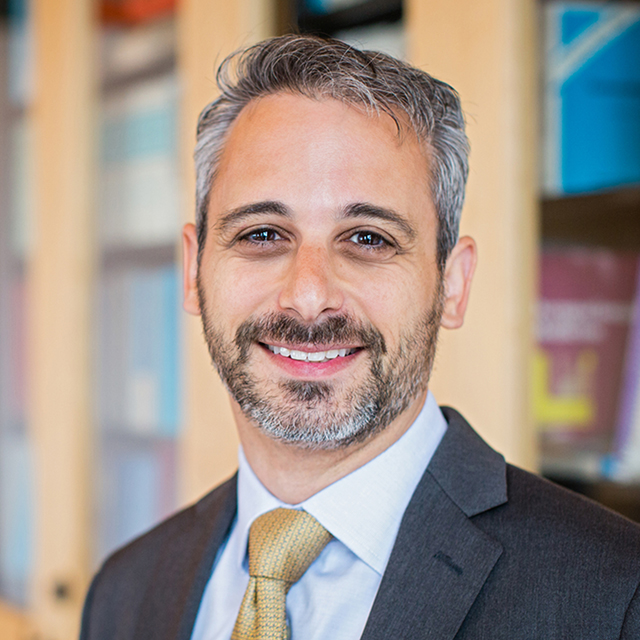 |
Joshua Moss, MD |
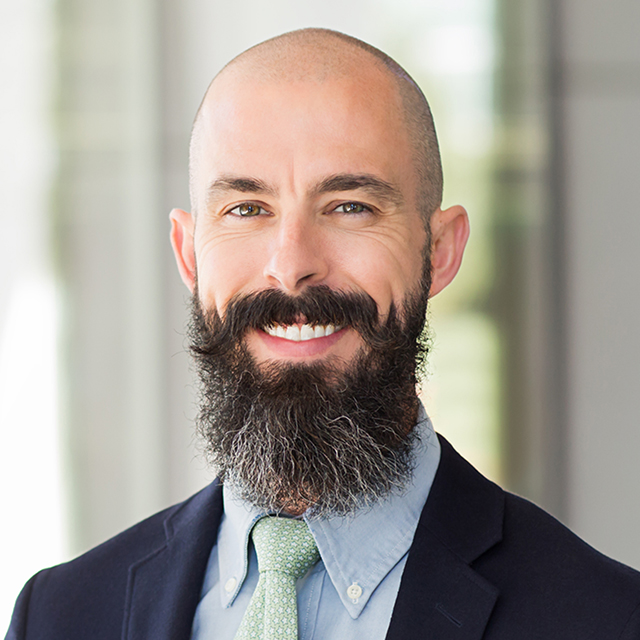 |
Thomas Dewland, MD Associate Professor of Medicine |
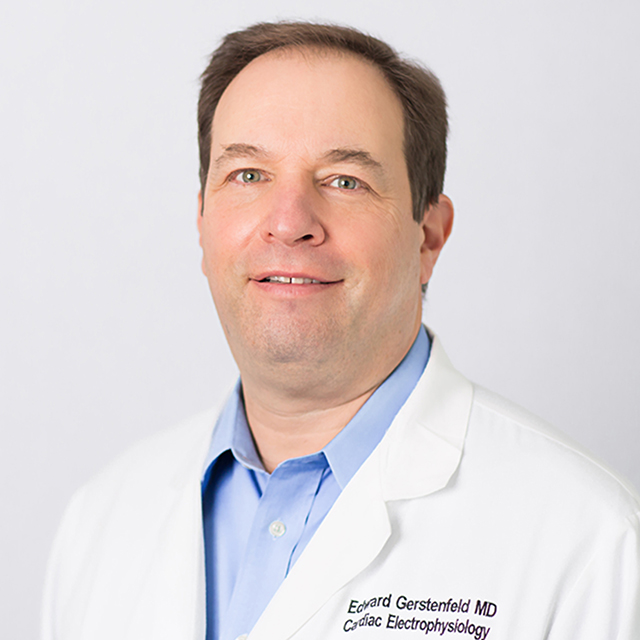 |
Edward Gerstenfeld, MD |
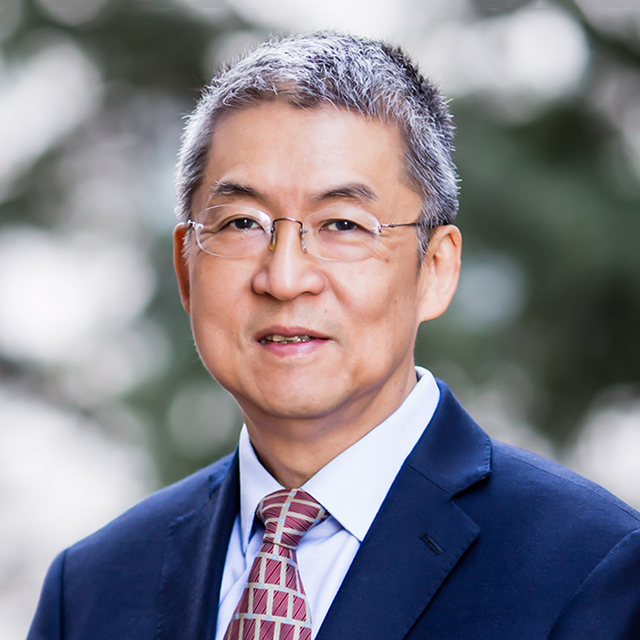 |
Henry Hsia, MD Professor of Medicine |
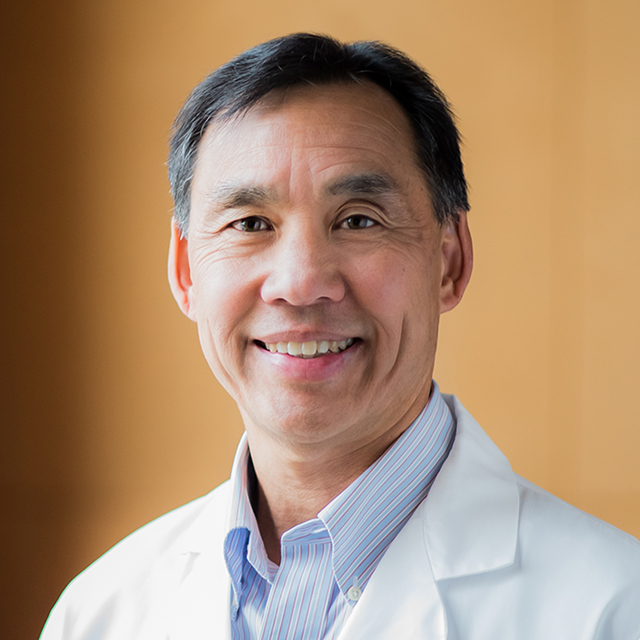 |
Randy Lee, MD Professor of Medicine |
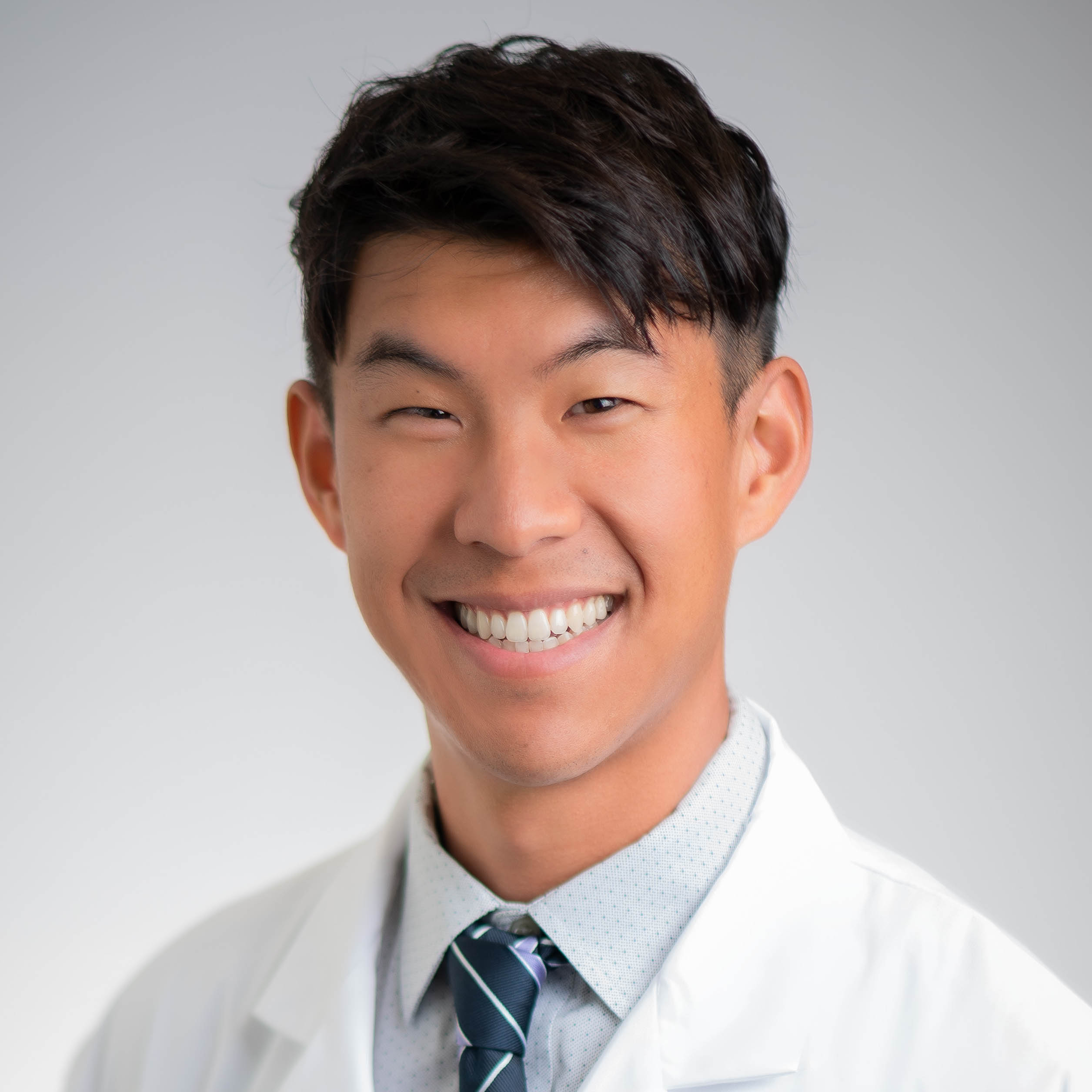 |
Albert Liu, MD |
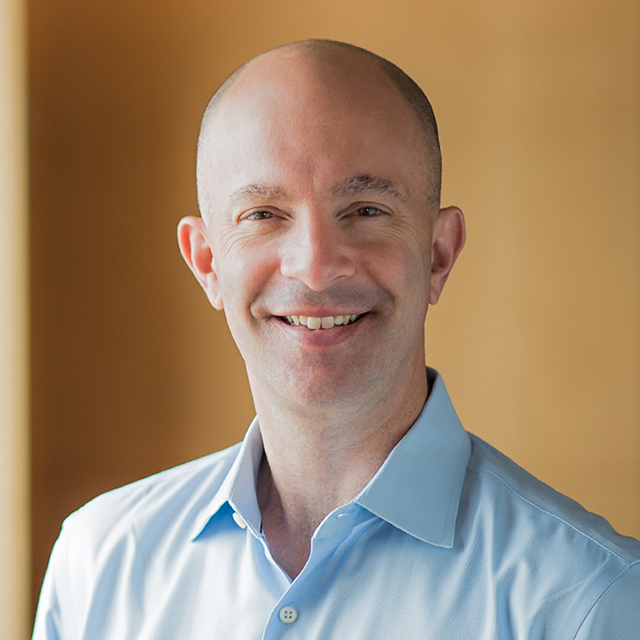 |
Greg Marcus, MD Professor of Medicine |
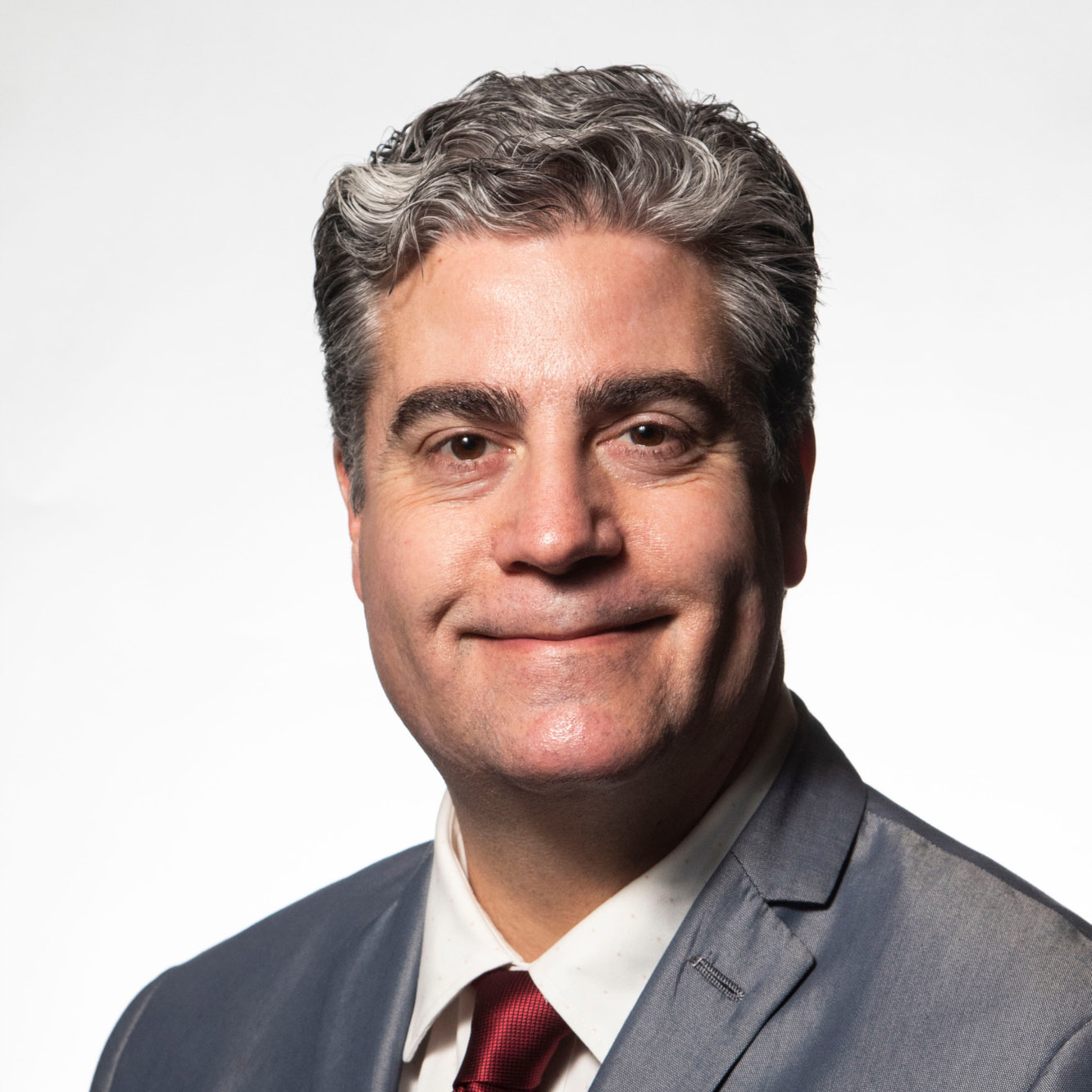 |
Daniel Morin, MD Professor of Medicine |
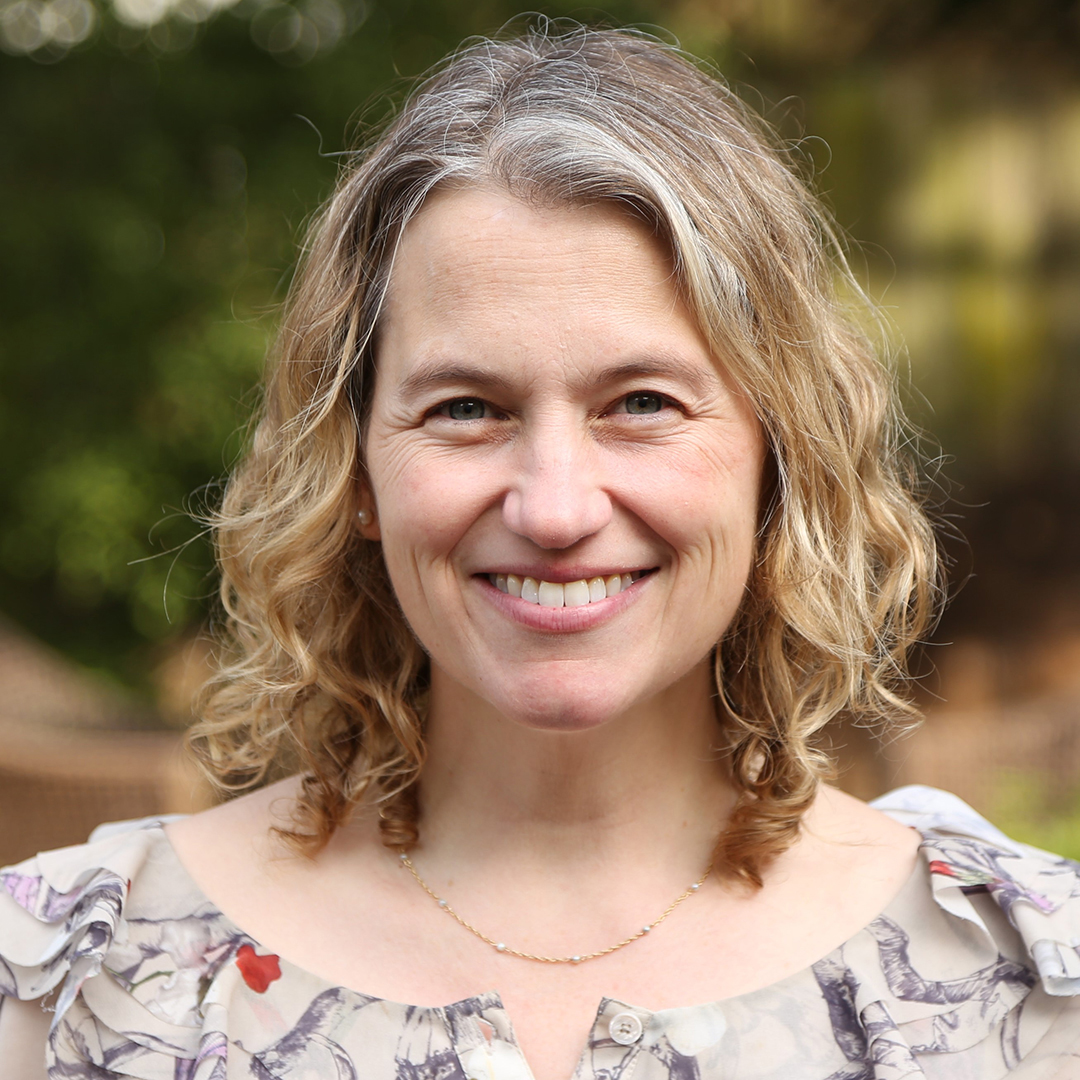 |
Cara Pellegrini, MD |
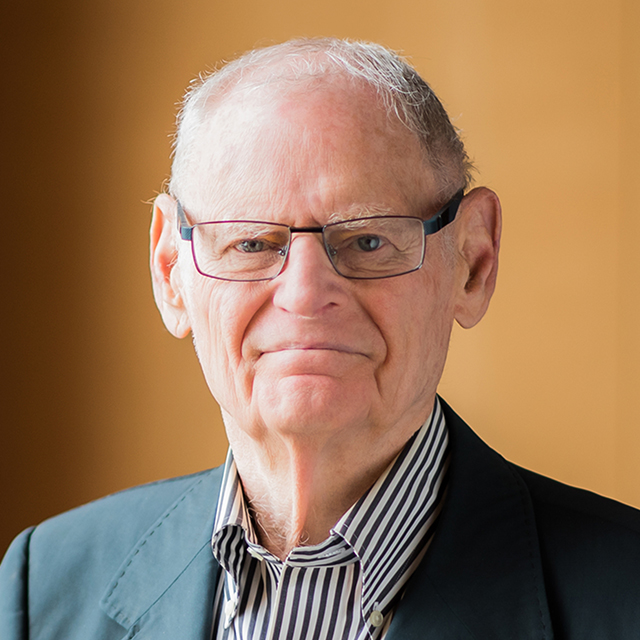 |
Melvin Scheinman, MD Professor of Medicine |
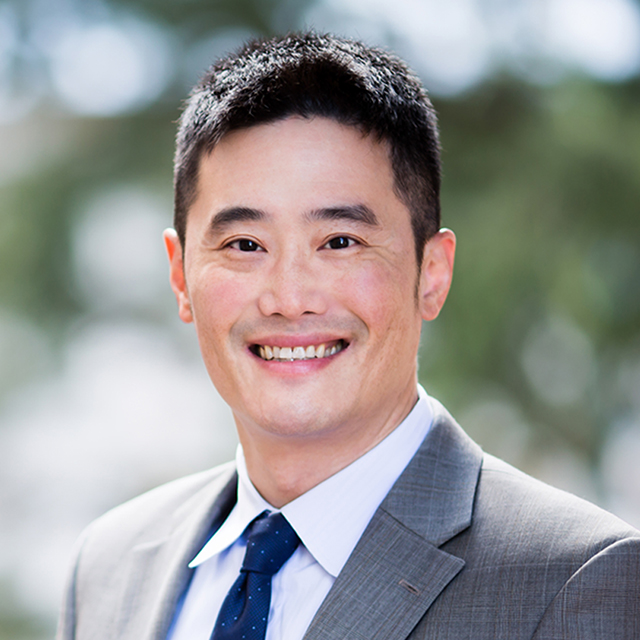 |
Zian Tseng, MD |
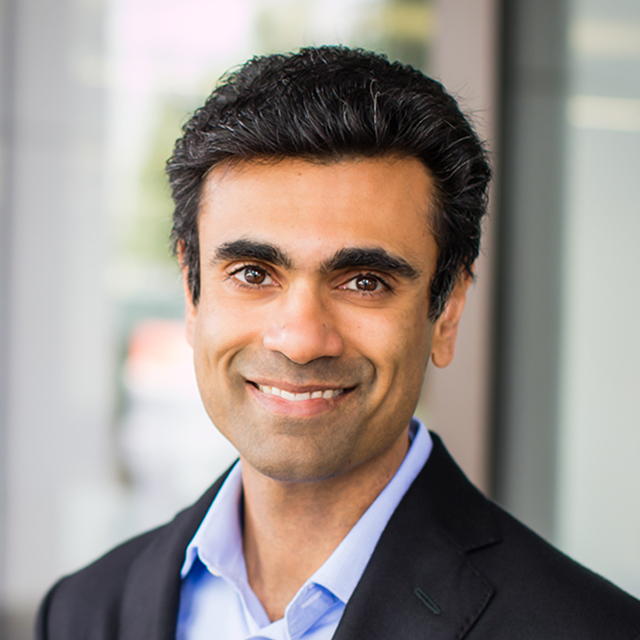 |
Vasanth Vedantham, MD |
For other faculty members within the division, please see Faculty Profiles. For the research activity of specific faculty members, please see Research.
Previous Fellows
|
James Tooley, Cardiac Electrophysiologist, Sutter West Bay Medical Group, San Francisco, CA |
Salary and Benefits
Salary: The Cardiac Electrophysiology Fellowship is a PGY level 7.
Benefits: UCSF provides residents and clinical fellows a rich package of health and welfare benefits at a good value. Plans include health, dental, vision, disability, and life insurance. To learn more about fellowship benefits including our retirement savings plan click here.
Vacation: Every year, fellows get 4 full weeks of vacation time in 1-week blocks. Rules about scheduling vacation vary by program.
How to Apply
Application Procedure & Timetable
| Steps | Timetable |
| 1. Submit your application through ERAS, Electronic Residency Application Service. Apply online. The ERAS phone is (215) 966-3940. No paper applications accepted. | Available July 2025 |
| 2. Interviews | Interviews will be held in September and October 2025 |
| 3. Rank list due | November 2025 |
| 4. NRMP Match Day | December 3, 2025 |
| 5. Fellowship begins | July 2026 |
We participate in the National Resident Matching Program for this fellowship. Please contact the NRMP for information on how to sign up for their services.
Trainee Verification Link
J-1 and H-1B Visa Sponsorship
For international applicants, UCSF can sponsor J-1 and H-1B visas.
How to Acquire H-1B Visa Status at UCSF: https://isso.ucsf.edu/immigration-visas/h-1b-scholars
J-1 Scholar Categories at UCSF: https://isso.ucsf.edu/j-1-scholar-categories-ucsf
For more information about application criteria please contact:
Michael Stover
Associate Fellowship Coordinator
[email protected]
Professional and Ethical Behavior
The Division of Cardiology is committed to a culture of professionalism that places the needs of the patient first, maintains a commitment to scholarship, continuous quality improvement, and fosters a spirit of collaboration among colleagues. Fellows learn these attitudes from mentors and role-model clinicians. The training program is committed to maintaining a high ethical standard, a spirit of collegiality, integrity, respect, compassion, professional responsibility and accountability, courtesy, and sensitivity to patient needs and comfort. Fellows are evaluated in these areas, and they are considered to be an integral part of the training program.
